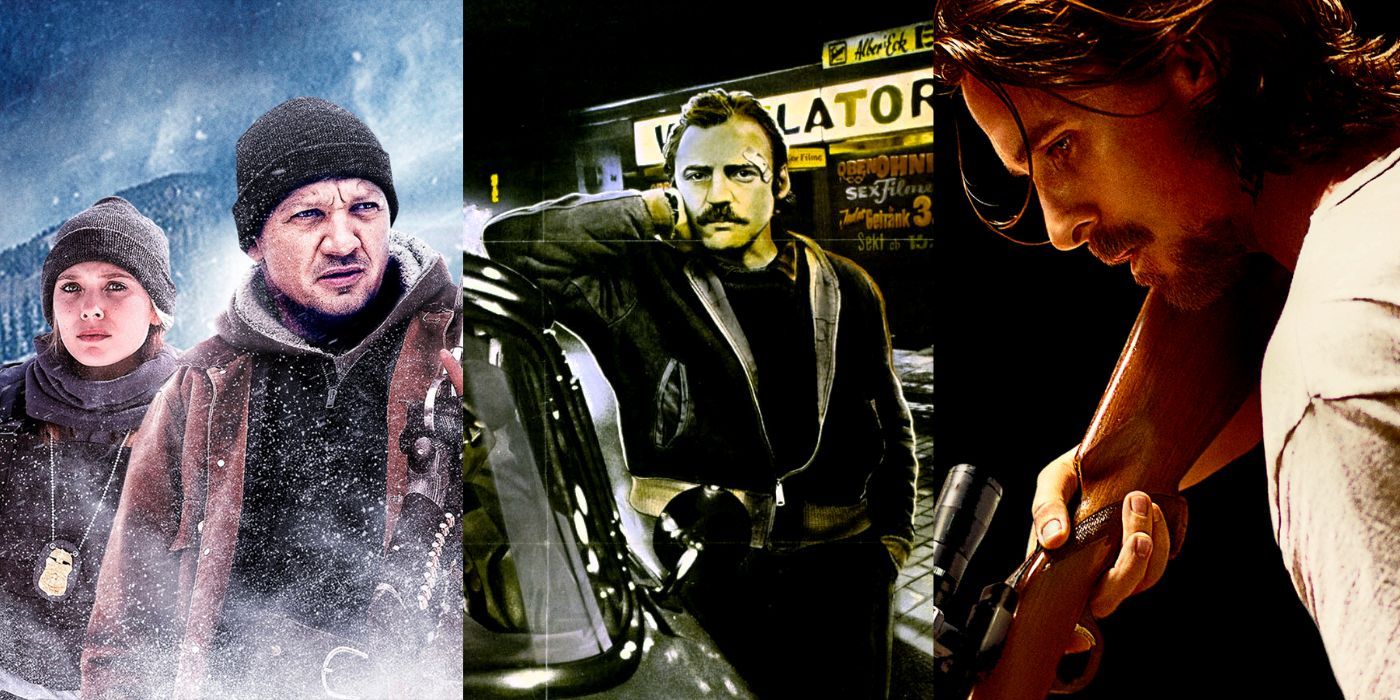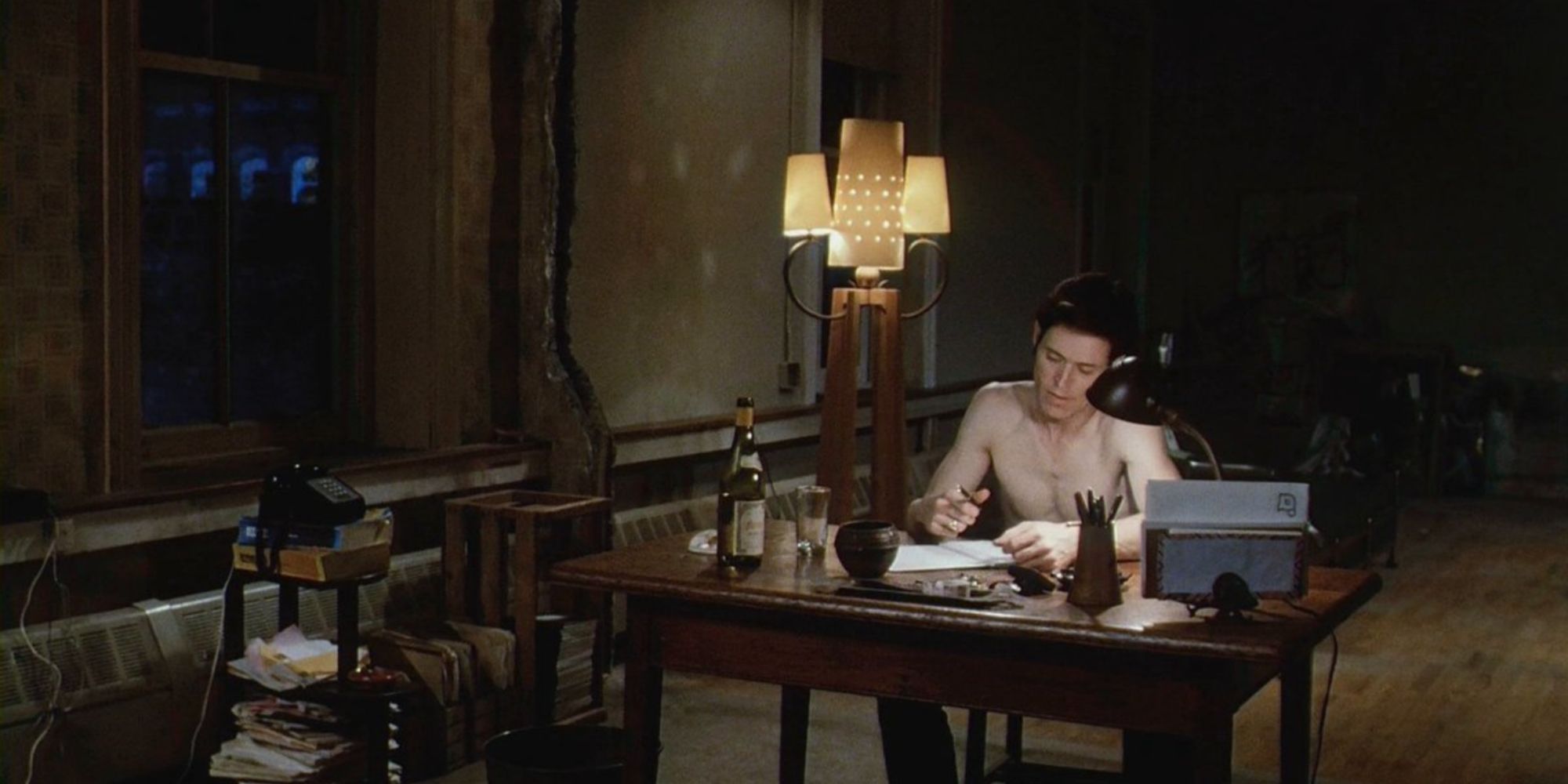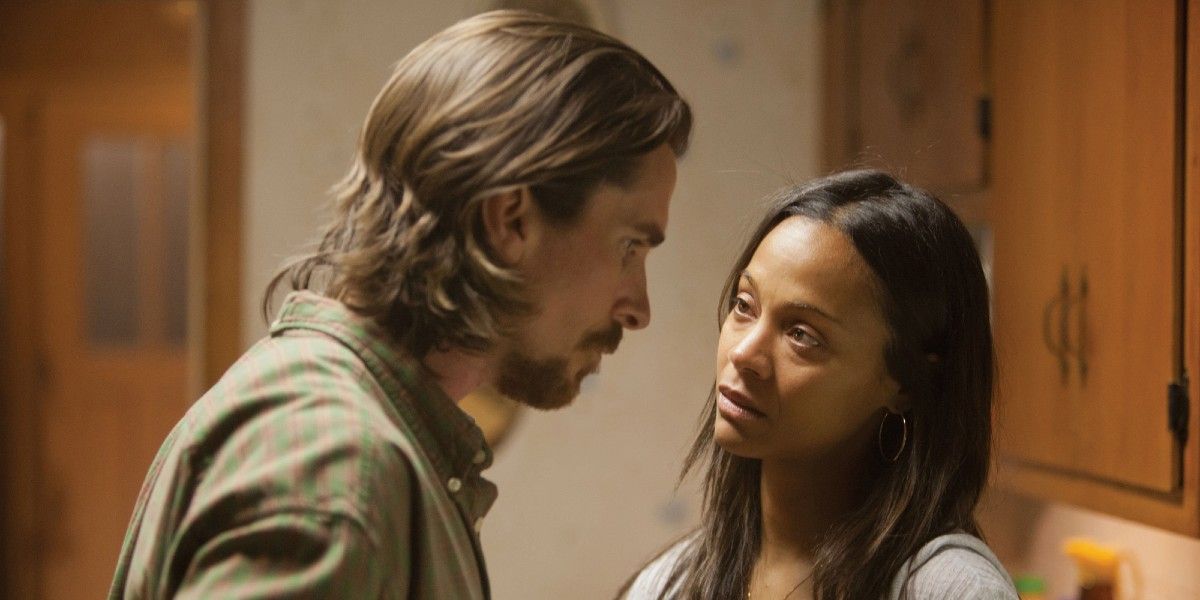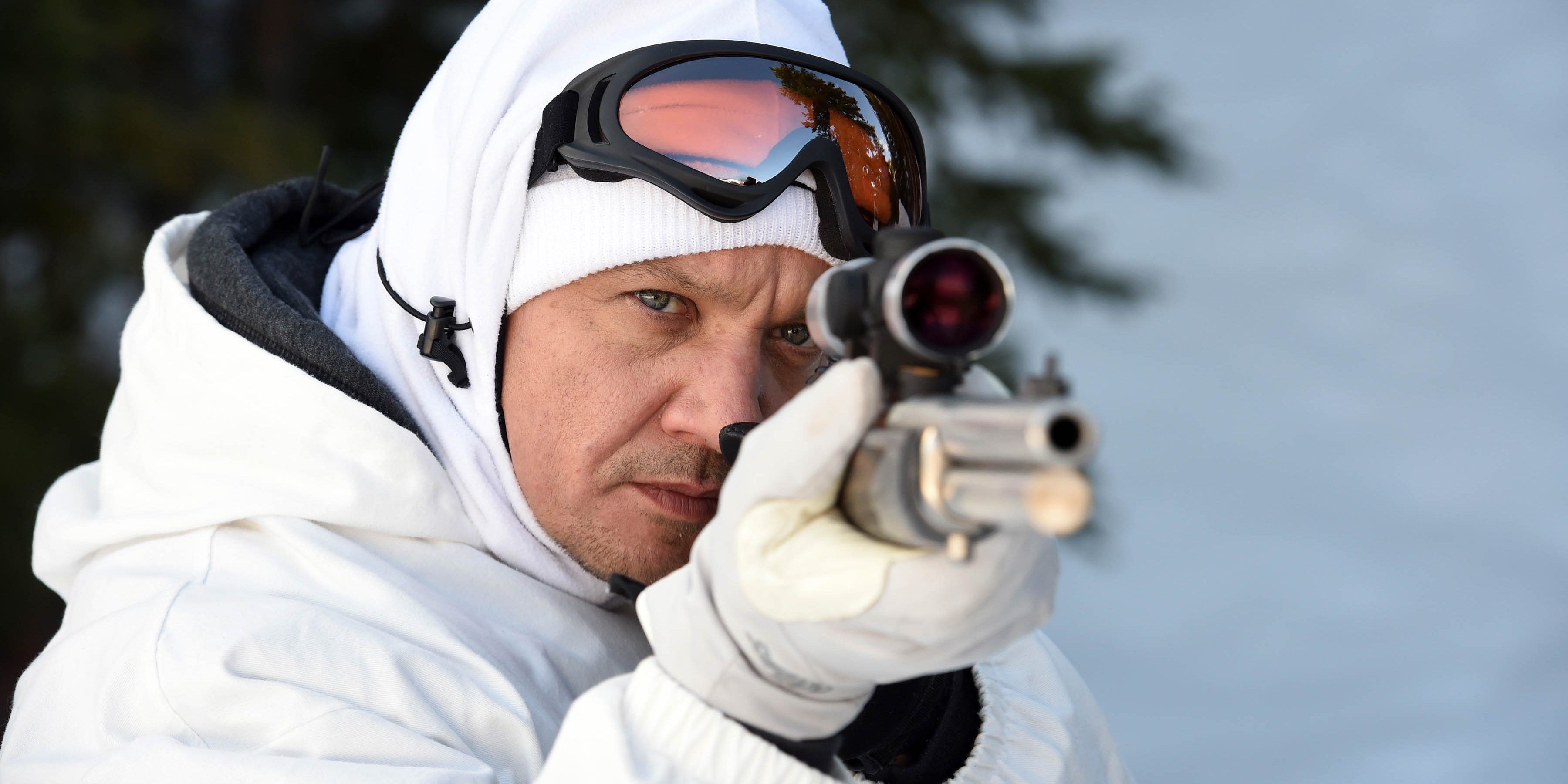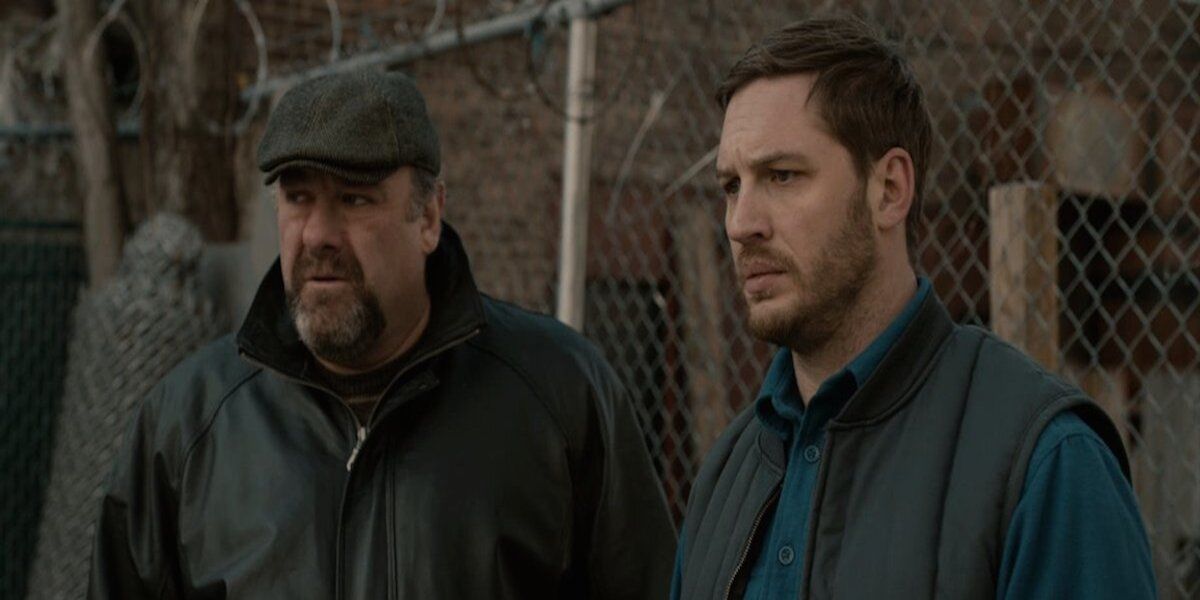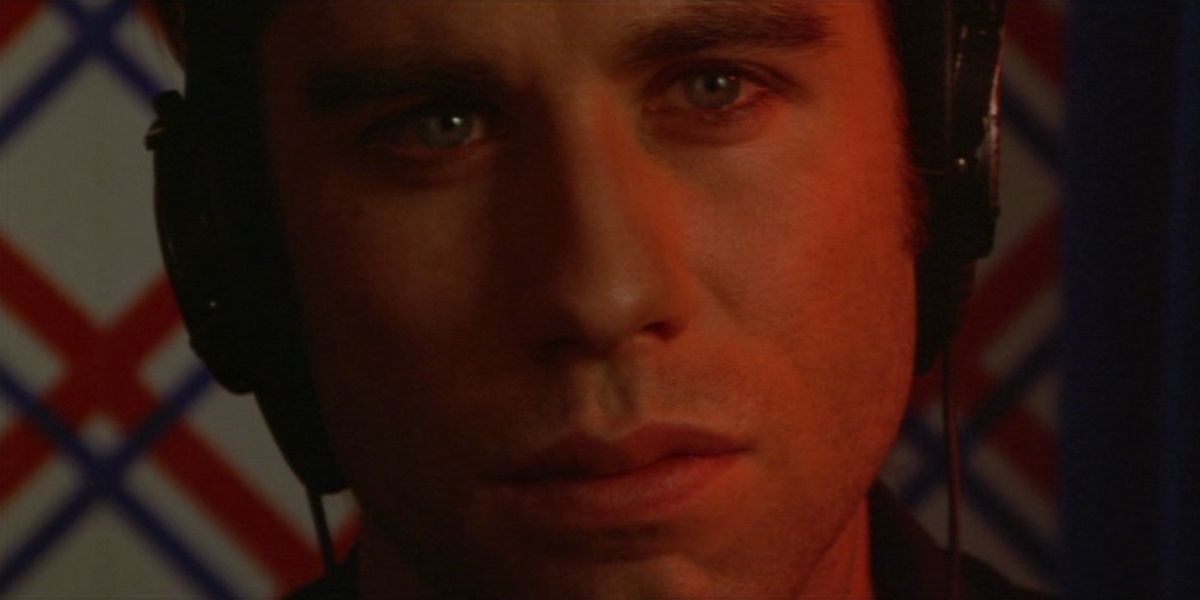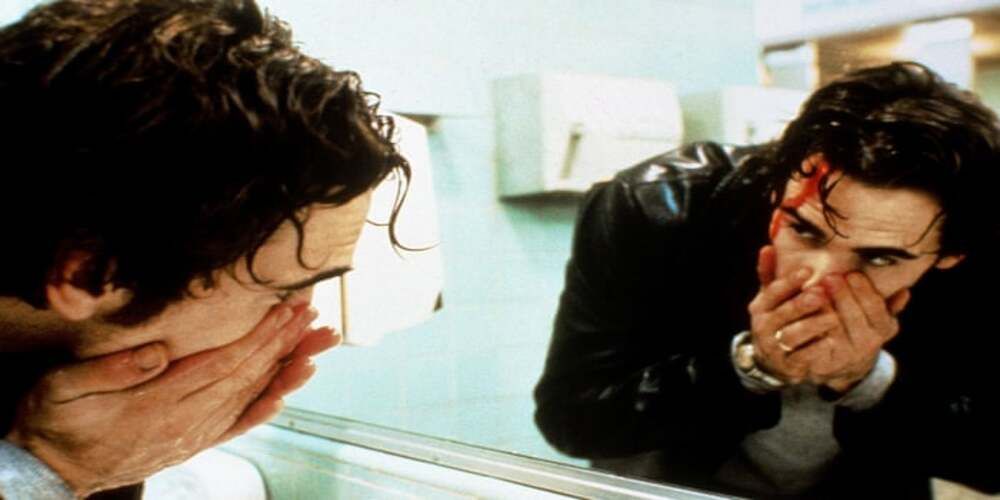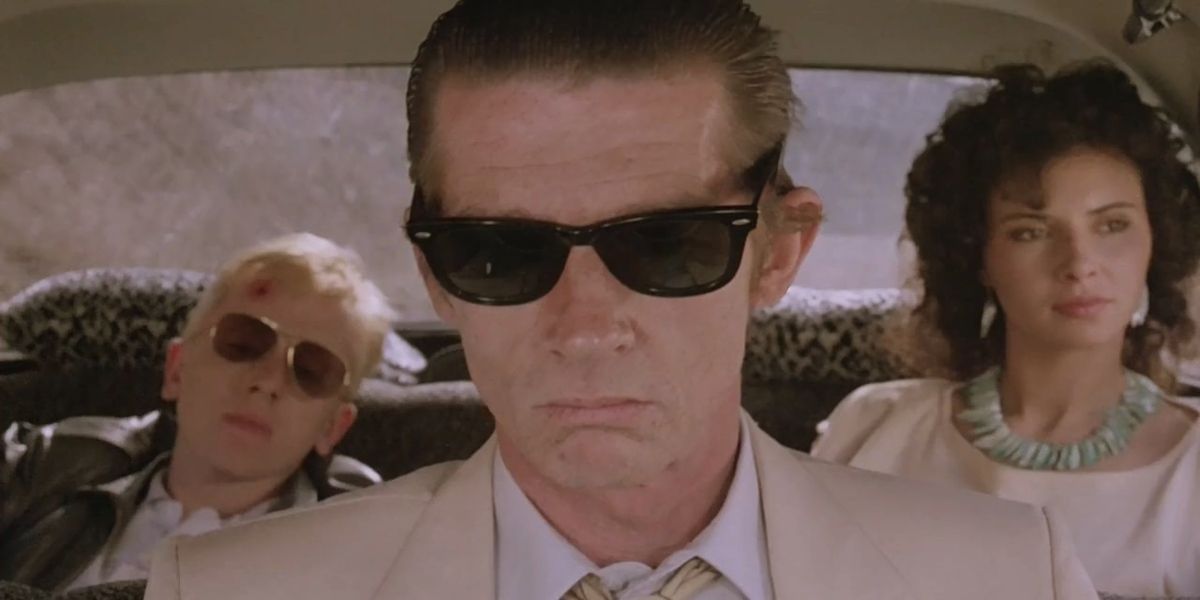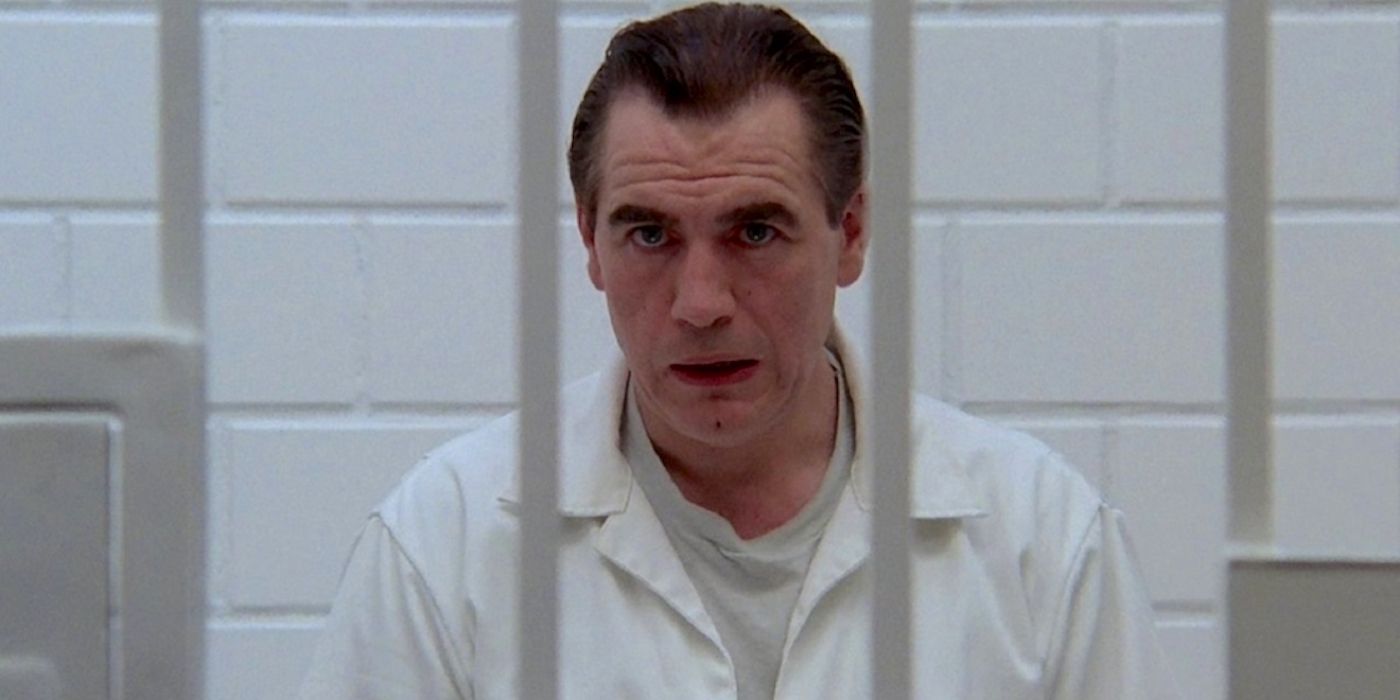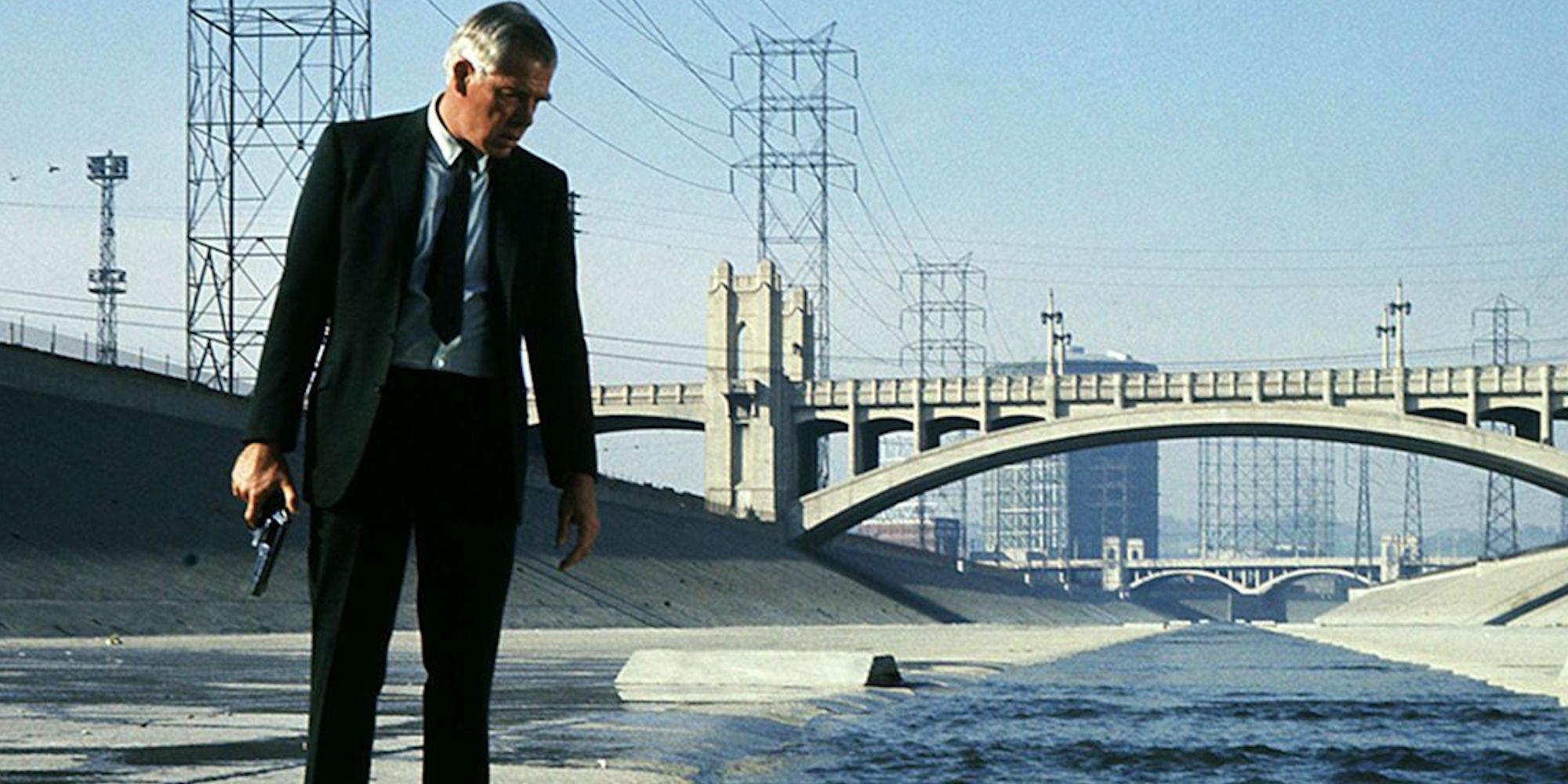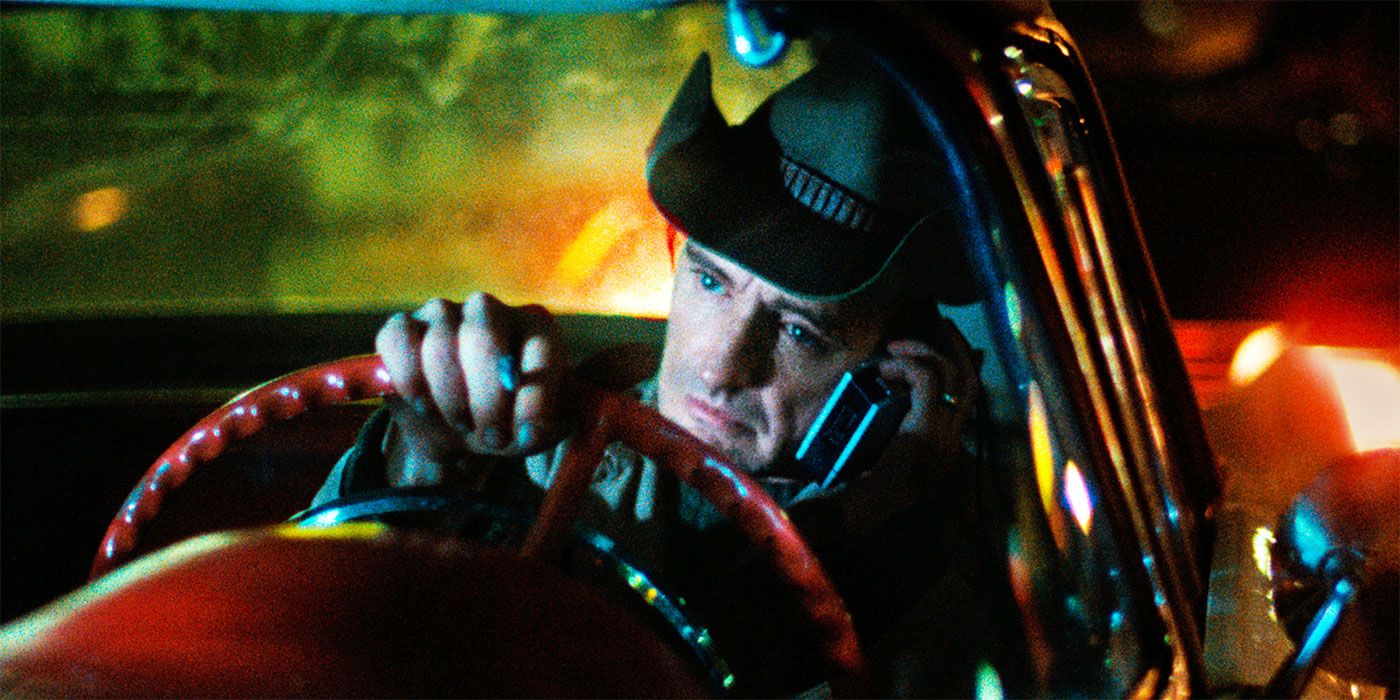The crime genre has persisted as one of the most fruitful throughout the years. Its influence stretches far, becoming the parent category to other sub-genres such as mystery, noir, gangster or heist flicks.
Over the years, many filmmakers with different styles have taken their crack at crime films to be the conduit for their unique vision. Some, opposing the classic gritty and grimy style that has been a mainstay of the genre, created crime films that are more pensive and introspective. Whether because of their character-driven nature or art-house direction, these reflective crime movies deviate from the genre norms.
'Light Sleeper' (1992)
Almost all of Paul Schrader's films have a burning denial. A born Calvinist, Schrader has become well-known for his exploration of self-destruction and cathartic violence, and few films tackle these ideas better than Light Sleeper. Noted by Schrader in 2005 as his most personal film, the movie follows a drug dealer battling a midlife crisis whose life complicates after an encounter with a former flame.
The first collaboration between Schrader and Willem Dafoe, the film was commercially unsuccessful but was praised by critics and contemporaries alike. One of Schrader's first "man in a room" films, Light Sleeper combines New York hopelessness with harrowing despair to make it one of his masterpieces.
'Out of the Furnace' (2013)
Based on an original spec script by Brad Inglesby, Out of the Furnace is well-acted and continuously composed. Originally set to star Leonardo DiCaprio and be directed by Ridley Scott, the film was rewritten by director Scott Cooper once he came on. Starring Christian Bale, the film follows a mill worker who tries to protect his Iraq war veteran brother who struggles to adjust to civilian life.
Taking obvious inspiration from The Deer Hunter, Out of the Furnace has become somewhat lost among the crime dramas of the 2010s. Perhaps this is due to the measured pacing of the film, or possibly related to its mixed critical response and box office failure. Nevertheless, the film is a superbly acted and legitimately dramatic watch.
'Wind River' (2017)
The first film directed by well-regarded actor-turned-writer Taylor Sheridan is his finest. While much was made of his scripts for Sicario and Hell or High Water, Sheridan's 2017 film Wind River is the one that showcases his vision best. A slow-burn, contemplative crime-thriller, the film is about a wildlife officer who teams up with an FBI agent to solve a murder on the Wind River Indian Reservation.
A box office success, grossing $45 million against an $11 million budget, Wind River diverts from cheap thrills, allowing the characters of the story to be the action. In a similar vein to his other movies, Wind River proves Sheridan to not just be an adroit screenwriter, but an observant and patient director as well.
'The Drop' (2014)
Writer Dennis Lehane has been the fillip for some of the best crime films of the 21st century, writing the novels that would become the movies Mystic River, Gone Baby Gone and Shutter Island. In 2014, Lehane took his own shot at screenwriting, penning the crime film The Drop, based on his own short story. Set in Brooklyn, the film concerns a bartender who gets involved in a robbery which brings most of the people he knows into the fray.
The film boasts outstanding performances, including from Tom Hardy, Matthias Schoenaerts and James Gandolfini, in his final screen role. Along with sturdy, keen direction, the movie is handsomely shot, excellently capturing Brooklyn in all its bleakness. Although reveals don't come early, The Drop rewards viewers who stick around to the very end.
'Blow Out' (1981)
Having only grown in esteem since release, Blow Out is now viewed as one of the best crime films of the 1980s as well as one of the finest in Brian De Palma's catalog. Directly based on Michaelangelo Antonioni's film Blowup, Blow Out stars John Travolta as a movie sound effects technician who, while recording sounds for a B-movie slasher film, captures audio relating to the death of a presidential hopeful.
One of Quentin Tarantino's favorite films, Blow Out has been consistently praised as an exploration into the mechanicals of movie making. Although it retains some of the deviant elements that are a constant in De Palma's work, Blow Out is more restrained, allowing the film to engrossingly play out. While it had a slow start, Blow Out is now rightfully considered a classic.
'Drugstore Cowboy' (1989)
The second film by Gus Van Zant, Drugstore Cowboy spotlighted the director as one of the up-and-coming arthouse filmmakers of the dwindling 80s. Lauded by critics but mostly overlooked by mainstream audiences, the film follows a "family" of drug addicts, led by Bob Hughes, who feed their habit by robbing drug stores when a tragedy befalls one of the members.
The first half of the film is actually somewhat standard, covering general juvenile drug taking, familial rejection and quarter-life bonding. However, the second half of the film is truly special. Like a great Paul Schrader film, Drugstore Cowboy's latter half is a desperate foray into someone trying to rebuild their life. With a stunning cameo by William Boroughs, Drugstore Cowboy's ending proves as much as you try to change, your dire fate will catch up with you.
'The Hit' (1984)
After working in television throughout most of the 1970s, chameleonic director Stephen Frears came back with a bang with his 1984 film The Hit. A member of the Criterion Collection since 2009, the film grossed under $900 000 at the box office. Written by Peter Prince, the film surrounds an ex-mobster turned informant who is kidnapped by hitmen whose job it is to take him to Paris for his execution.
The film is overflowing with style, from costume design to visual flare to music, provided by Eric Clapton and Roger Waters. A favorite of filmmakers, the movie has been praised by renowned directors. For a crime movie, The Hit is very talky, offering a verbose, artily directed British road journey for those looking for a change to usual genre conventions.
'Manhunter' (1986)
One of the defining crime directors in the history of the medium, Michael Mann has become known for his trademark psychologically complex stories and distinctive color cues. The first film to be adapted from a novel by Robert Harris and feature Hannibal Lecter, Manhunter follows FBI agent Will Graham who must team up with incarcerated killer Hannibal Lecter to catch a serial killer known only as the "tooth fairy".
Seen as over-pastiche and chic upon release, Manhunter was a box office flop but has since been considered a cult film. Although its bold coloring and unorthodox musical choices were criticized at the time, these are the factors that make Manhunter so brilliantly dreamy. Combing Mann's cat-and-mouse narrative proclivity with his visual splendor and eclectic soundtrack that includes Iron Butterfly and Shriekback, Manhunter is the best film in the Hannibal Lecter canon.
'Point Blank' (1967)
Every shot in Point Blank could be hung up in a cinematic gallery. Adapted from the novel The Hunter by Donald Westlake, the film is stylish,and perfectly staged; a masterpiece of both vision and form. Starring Lee Marvin in one of his defining roles, the film is about Walker, a gangster, who seeks revenge against those who double-crossed him and left him to die.
The film has received significant acclaim in recent years, being selected for preservation in the National Film Registry in 2016. The film is tough but dreamy, vivid but dazing, radiant but desolate. There is a coolness that emanates throughout the film, from John Boorman's direction to Marvin's performance, making Point Blank a dazzling sensation.
'The American Friend' (1977)
The American Friend is a destructive film about burning loyalty. Directed by New German Cinema figure Wim Wenders, the film employs his usual meditative, polychromatic palette. The reason the film sings is that it is the matchless marriage of director and genre, mixing elite crime writing with a philosophical eye. Based on the novel by Patricia Highsmith, the film circles Tom Ripley, an American, who retreats to Germany and coerces a picture framer to become an assassin.
The movie uses a "natural" language concept that enhances the mystery and creates a free-flowing, graceful vision. The film was the second Ripley film to be made after Purple Noon and has been remade since in 2002's Ripley's Game. While Highsmith was initially tepid towards the adaptation, she has since come around. With Dennis Hopper delivering one of the performances of the decade as Ripley, The American Friend is the best of the bunch, an optically awe-inspiring and painful spectacle.

